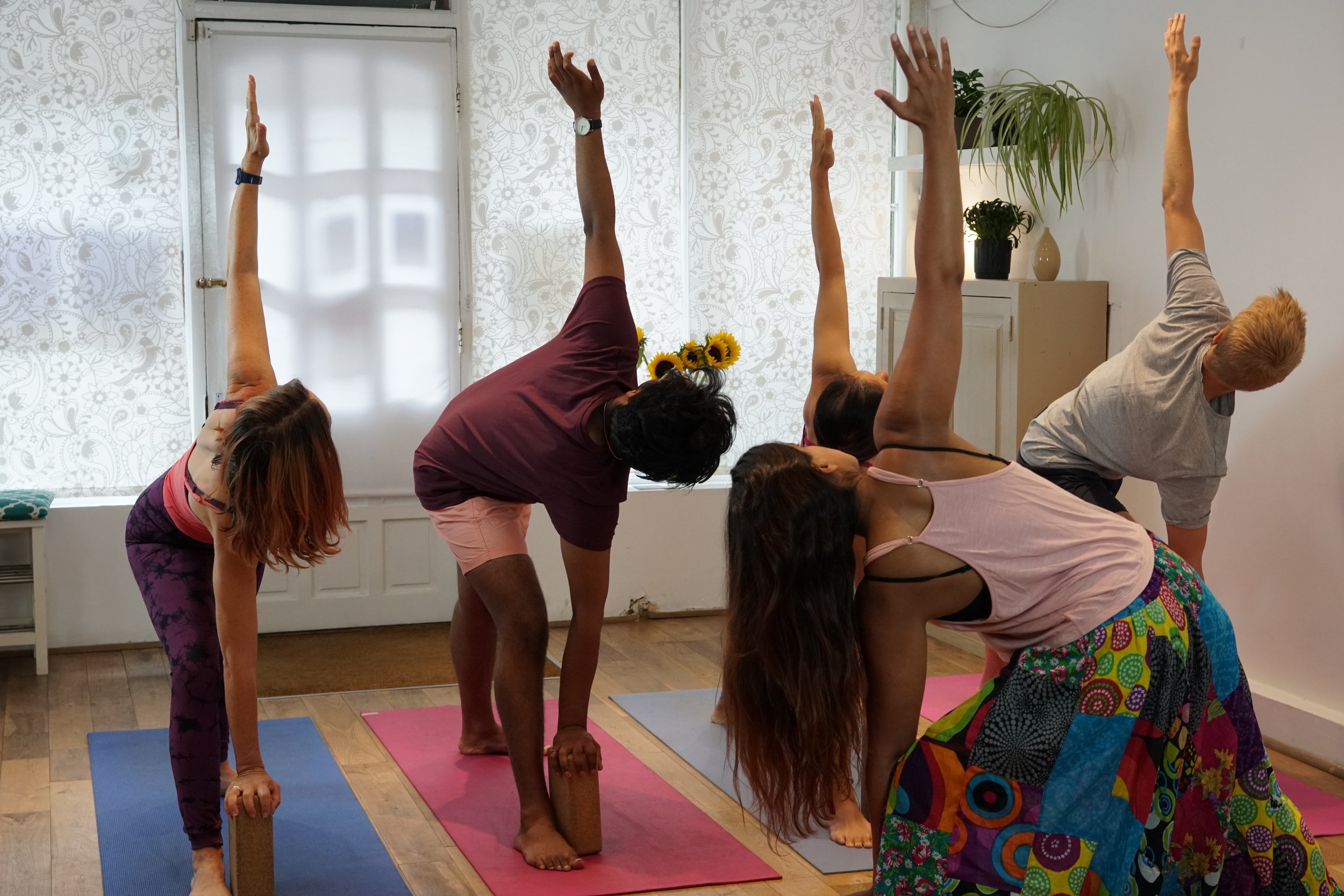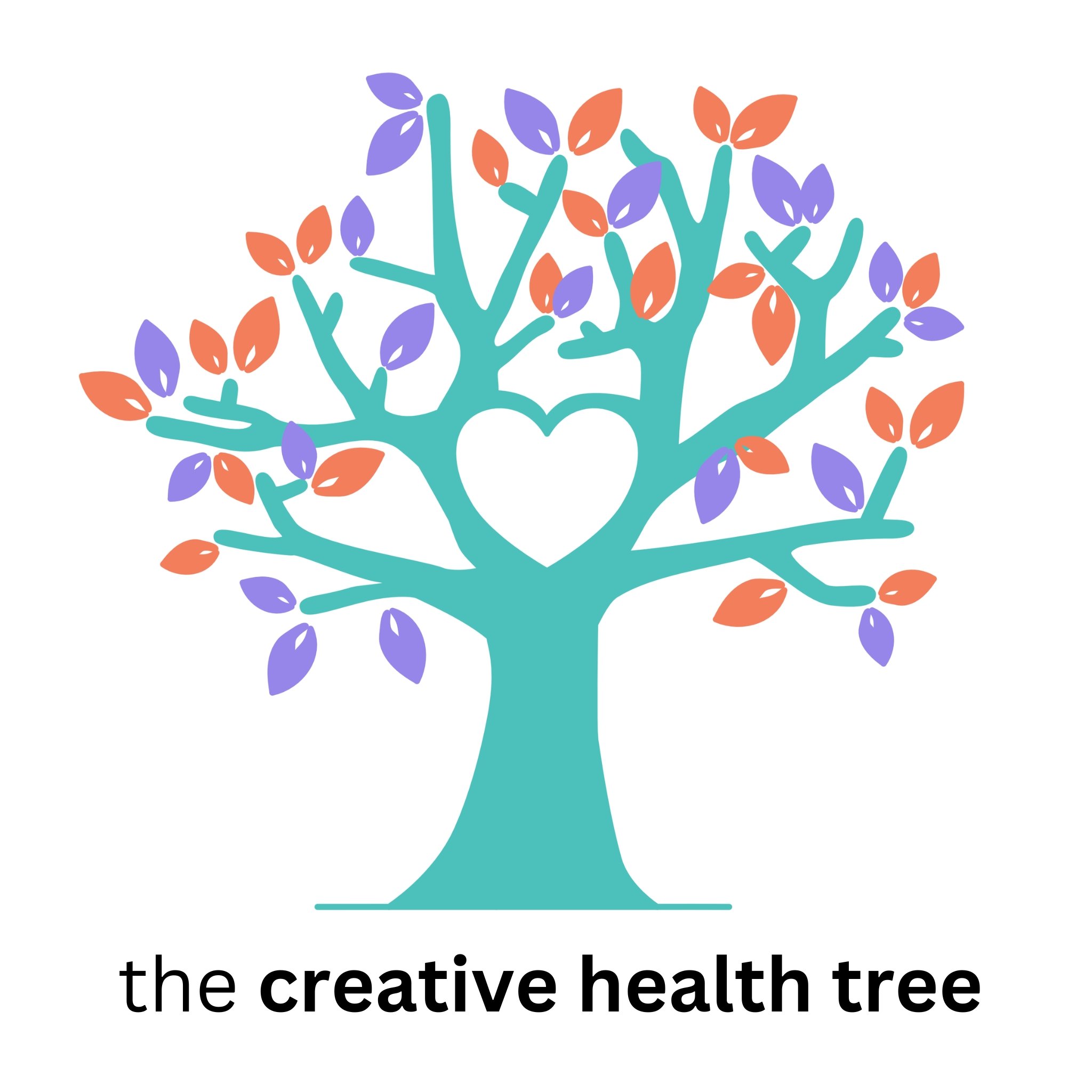Social Prescribing
Social prescribing is a key part of what we do at St Margaret’s House. It enables people who have been referred to us to access our range of wellbeing and arts activities for free, or at a significantly lower cost.
Social prescription is an approach that connects people to activities, groups, and services in their community to meet the practical, social, and emotional needs that affect their health and wellbeing. It is a
holistic, person-centred approach, and it will look different for everyone.
You can read more about social prescribing on the NHS website.
We work closely with Primary Care Networks (GPs, Link Workers, and Community Connectors) in Tower Hamlets to provide weekly activities from yoga to crafting and woodwork to massage, to socially-prescribed patients.
-
Sessions currently open for referrals:
Integral Yoga
Women’s Wellbeing
Gentle Yoga and Sound
Yoga with Qayyah
Saturday Morning Stretch
Mindful Movement and Joyful DanceWe offer a range of arts and wellness activities, from yoga to crafting, woodwork to massage. To get an idea of what activities are included, take a look at our arts and wellbeing pages.
Not all of our activities currently have social prescription slots available, however we are continuously working towards providing a broad range of activities as part of our social prescribing offer.
-
You need to be referred to St. Margaret’s House by someone in the Primary Care Network to take part in an activity using a social prescription slot. You can ask your GP, nurse, pharmacist or health and social care worker to refer you to your local social prescribing service.
lf you are a Tower Hamlets resident you can also email thgpcg.socialprescribing@nhs.net, with your details and the name of your GP practice.
Read more about how social prescription referrals in Tower Hamlets work here.
-
Please get in touch with Laura, our Arts & Wellbeing Producer at laura@stmargaretshouse.org.uk
The Creative Health Tree Model
We developed the Creative Health Tree model with funding support from the Thriving Communities programme in 2020, and a further research project commissioned by the GLA Culture Team.
The approach focuses on building strong relationships between cultural organisations and the health and wellbeing sector. It increases awareness of social prescribing and works to strengthen social prescribing provisions in Tower Hamlets and beyond.
St Margaret’s House is continuously building a local network that supports arts and wellbeing for all, a ‘Creative Health Tree’ where organisations, Primary Care Networks, and communities are interconnected.
This year, as part of our funding from Arts Council England, we are working with London Arts and Health to support organisations doing Creative Health work in Newham.
Previous Events and Research
Neighbourhood Forum
St Margaret’s House is excited to be partnering with Social Action for Health, Women’s Inclusive Team, the Somali Senior Citizens Club and Tower Hamlets CVS on a pilot project which aims to develop a model of Neighbourhood Forums to support the voluntary and community sector (VCS) and residents’ involvement within Primary Care Networks. This pilot has begun in two Primary Care Networks (PCNs) in North and West Tower Hamlets.
The pilot programme will build partnerships between residents, the VCS, and statutory partners with the intention of building a local approach to addressing the health needs of communities so that:
* resident voice can influence decision-making and resource allocation at a PCN level
* community organisations and health and care partners can work collaboratively to ensure accessibility for unheard groups
* populations have a better understanding of where to find the help they need and when they do connect, services are both accessible and culturally appropriate
We are looking to engage organisations and communities working in these areas. If you are interested in learning more, please contact beccy@stmargaretshouse.org.uk
The first Neighbourhood Forum took place in April 2024 at the Brady Arts and Community Centre. We are following up from this session with more chances for people to give us their feedback and thoughts. See below for the visual minutes from the first Forum.
Healthy Speculations: the role of creative methods in participatory health research
St Margaret’s House is excited to be partnering with Queen Mary University of London to look at how creative participatory practice can inform and shape health research to improve the experience of participants and deepen the results of this research.
Public and patient participation is now an expected part of health and, in particular, health inequalities research. It is claimed that participatory approaches, such as peer and community research, will result in more equitable and inclusive forms of knowledge making. However, for many people who have been ‘participated’ such hopes often do not play out in practice. They will often use the term ‘tokenistic’ to describe their experience and explain that they find it difficult to see how their lived experience and expertise genuinely challenge the assumptions of researchers and are meaningfully integrated into final research outputs.
A group of academic health researchers interested in participatory and/or creative methods joined us for a half day workshop in May 2024 and we have been following that up with a variety of different discussions and events since then.
Interested in connecting on this kind of work? Get in touch!






